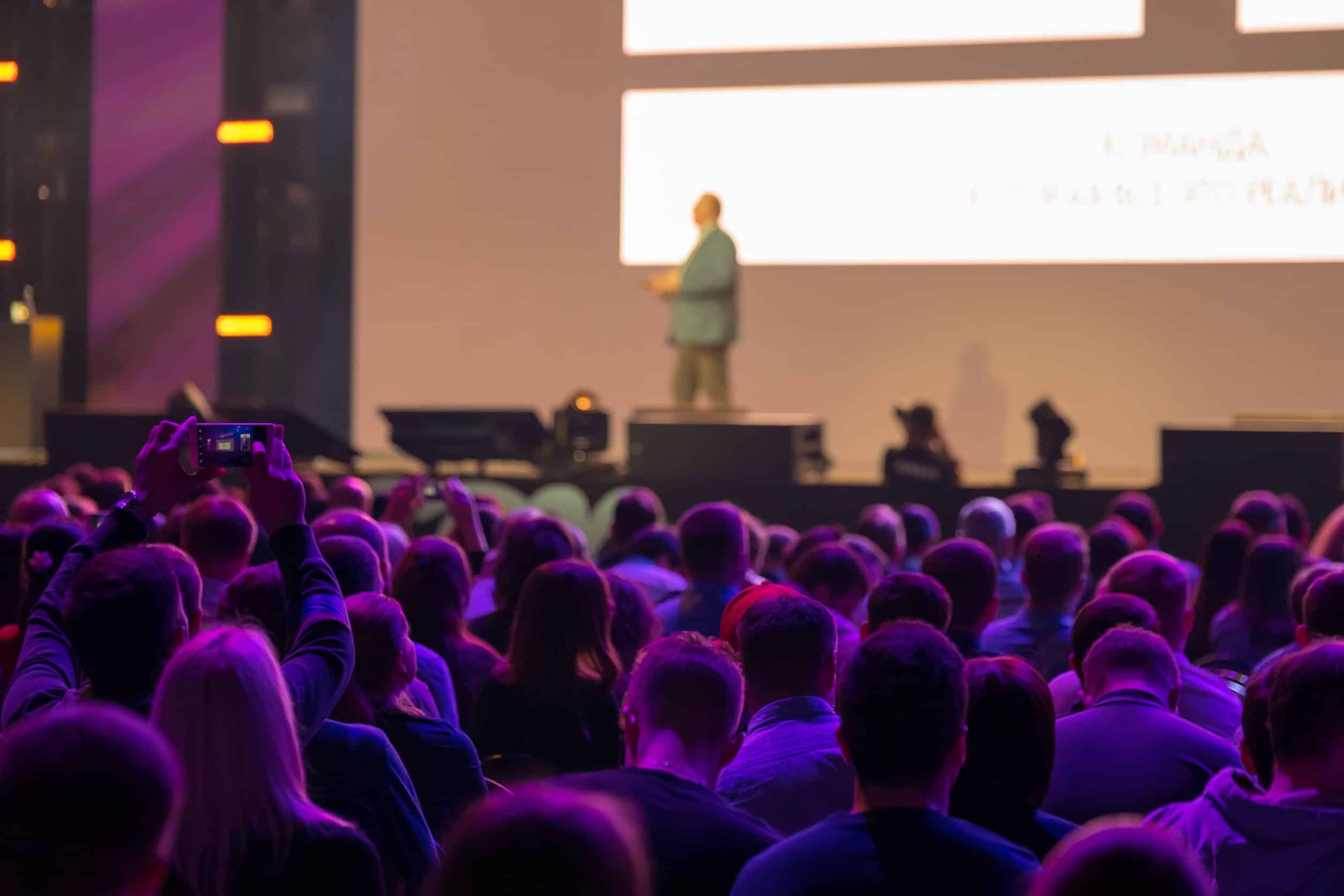If you’re an event producer or promoter, successfully producing and promoting events requires a deep understanding of the legal landscape. Navigating this complex terrain is crucial to avoid potential liabilities such as fines, demands, and costly lawsuits. From obtaining necessary permits and licenses to understanding contract law and intellectual property rights, a solid grasp of these legal considerations will not only minimize risk but also ensure the smooth and successful execution of any event.
Event Producers and Promoters comprehensive list of key legal topics you should be aware of:
Venue Agreements
Whether the venue for your event is donated or leased, having a clear agreement is essential. The agreement should cover crucial aspects such as entry and exit points, hours of operation, authorized personnel, property damage, and any other relevant issues. This ensures that both parties understand their responsibilities and helps to mitigate any potential disputes.
Ticketing Agreements
When selling tickets, it’s vital to have a purchase agreement with your guests. This agreement should clearly outline pricing, payment methods, access protocols, refund policies, returns, and codes of conduct. Such agreements protect you and your attendees, providing a clear framework for what is expected from each party and reducing the risk of misunderstandings or conflicts.
Speaker Agreements
For events featuring speakers or performers, securing agreements with these participants is a must. These contracts should detail compensation and payment schedules, the use of materials, the rights to name and likeness, and expectations for rehearsals. This not only ensures that both parties are on the same page but also helps protect your event from potential legal issues related to intellectual property and personal rights.
Sponsor Agreements
Sponsors are often integral to the success of an event, providing necessary funding and resources. It’s important to have solid agreements in place with your sponsor partners. These should cover the amounts and methods of payment, exclusivity clauses, use of marks, the scope and duration of the sponsorship, and any excluded uses. Clearly defined agreements help maintain a good relationship with sponsors and prevent potential conflicts.
Intellectual Property Protection
Your event itself can be a valuable brand, and protecting it through trademarking is essential. Ensure that you apply for and secure a state or federal trademark registration before using the event name or logo in commerce. This protection helps safeguard your brand identity against unauthorized use, ensuring that your event remains unique and recognizable.
Marketing Agreements
Promoting your event effectively often involves hiring digital marketing or public relations agencies. These agencies are contractors like any other, and it’s crucial to have professional service agreements in place. These contracts should specify the work to be done, the scope of services, payment terms, and any other relevant details. This ensures that both parties have a clear understanding of their responsibilities and helps prevent disputes over the work performed.
Staffing Agreements
Events require a range of staff, including greeters, ushers, and security personnel. These individuals are typically contractors, though they can sometimes be employees. It’s essential to secure your rights through proper agreements that cover payments and compensation, the scope of employment, roles and responsibilities, and termination conditions. Clear contracts help manage expectations and protect your event from potential labor disputes.
Insurance
No matter how well-planned an event is, unforeseen incidents can occur. People may fall, get into altercations, or have their belongings stolen. To mitigate these risks, it’s vital to have comprehensive insurance policies in place. General liability, errors and omissions, and business interruption insurance are some of the key policies to consider. These policies provide financial protection and peace of mind, ensuring that you are not left bearing the full brunt of any unexpected events.
Have questions about your next event or production? Feel free to reach out for a consultation.
Information provided for educational purposes, not legal advice*








